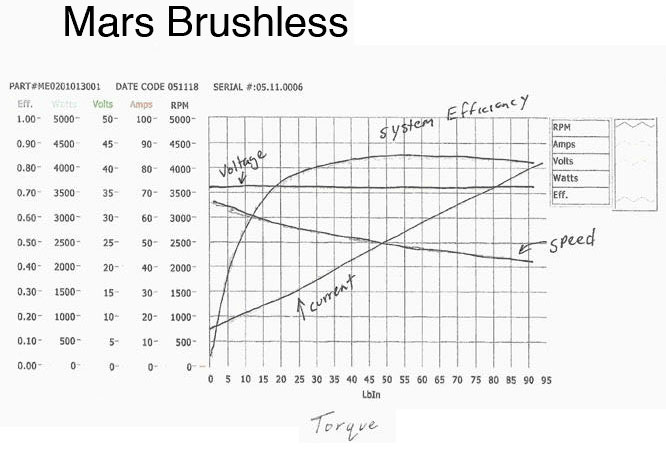Here is where 83% came from:
Miles per gallon gasoline equivalent - Wikipedia, the free encyclopedia
"The D.O.E. reports that the lumped average efficiency of electrical production and transmission in the United States, electricity, is 0.303 while the efficiency of refining and distributing petroleum, gasoline, is 0.830."
if you give electricity a 30/83 handicap (source to plug vs source to pump) then it of course changes any mpge comparisons dramatically. I think this fact applies directly to the title of this thread an as to why comparing at a straight "how may btu are you carrying" comparison between fuels and electricity is flawed, which is precisely what MPGe tries to do, and it is very misleading.
A couple things to consider on EV efficiency
electric motors don't like low load

batteries don't like high load

batteries do not necessarily charge efficiently "The coulometric charging efficiency of nickel metal hydride batteries is typically 66%, "
How to charge Nickel Metal Hydride Batteries.
and you have to charge the battery
before you can discharge it.
Plus a few percents for converters/controllers/lights/heat/etc.
So even suggesting that an EV is %90 efficient from the wall is coocoo.
I also don't think %15 is a fair number for ICE, it takes the driver and any recent advancements out of the equation. It is entirely possible to operate a car near it's peak efficiency, folks here do it all the time. Even if you look at a reasonably idiot proof efficiency car, the prius,
it is rated at %37 (link also shows a well to pump of %79 and a well to wheels of %29)
EFFICIENCY: "WELL-TO-WHEEL" ANALYSIS. -- Britannica Online Encyclopedia
so, I'm still skeptical that electric is "all that" in the full life cycle efficiency department. I'm not convinced yet the BEV's dominate in efficiency full cycle. The land use is a good thing for electrics, but range and initial cost and availability make liquid fuels attractive for transportation.
Also, the rolling resistance/weight thing. The problem with extra weight is not just extra rolling resistance, but also you only get a small fraction of your acceleration energy back in electric regenerative braking.